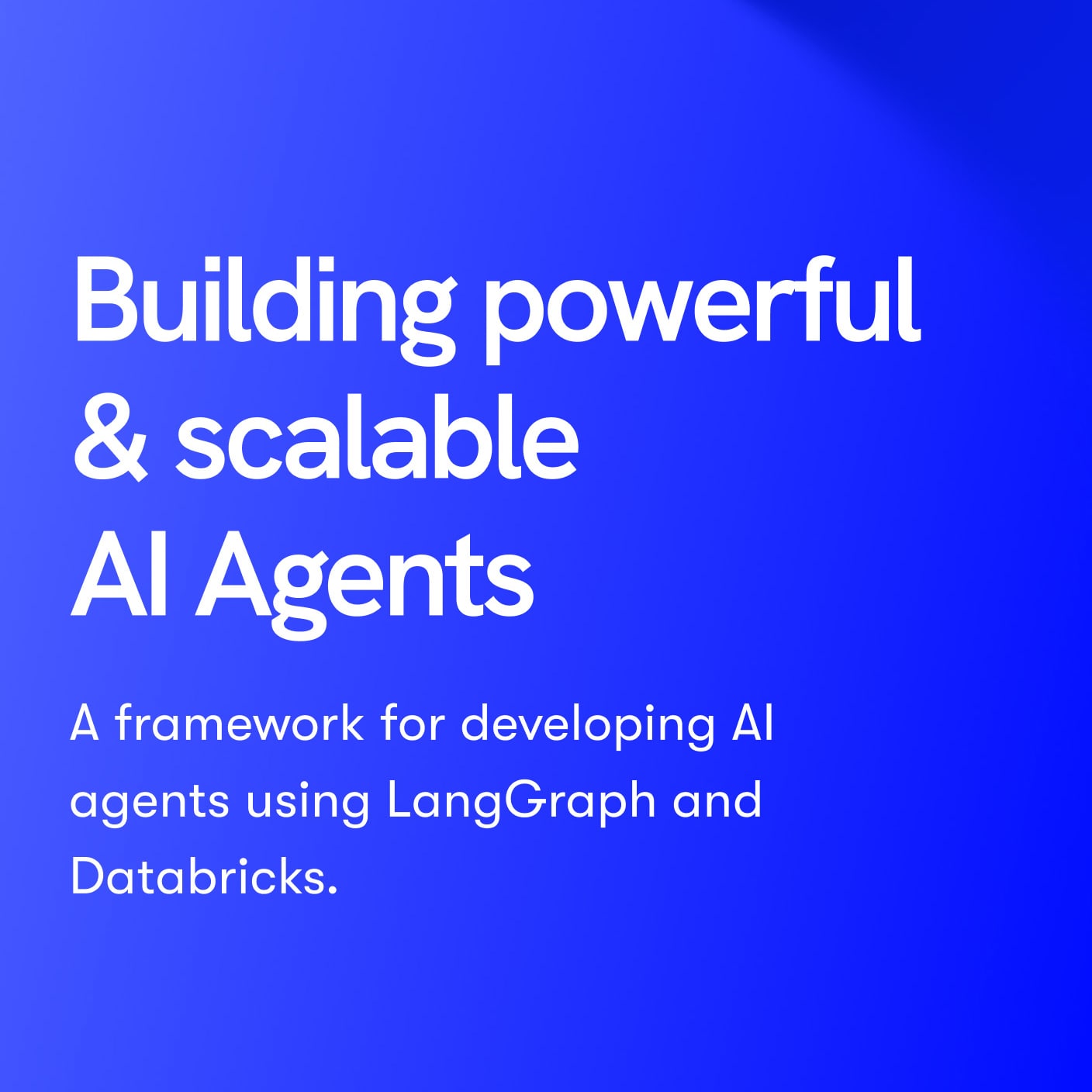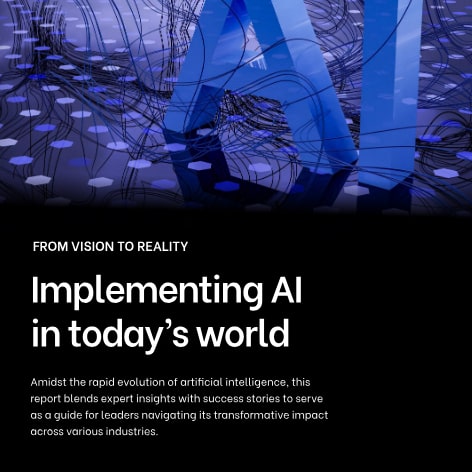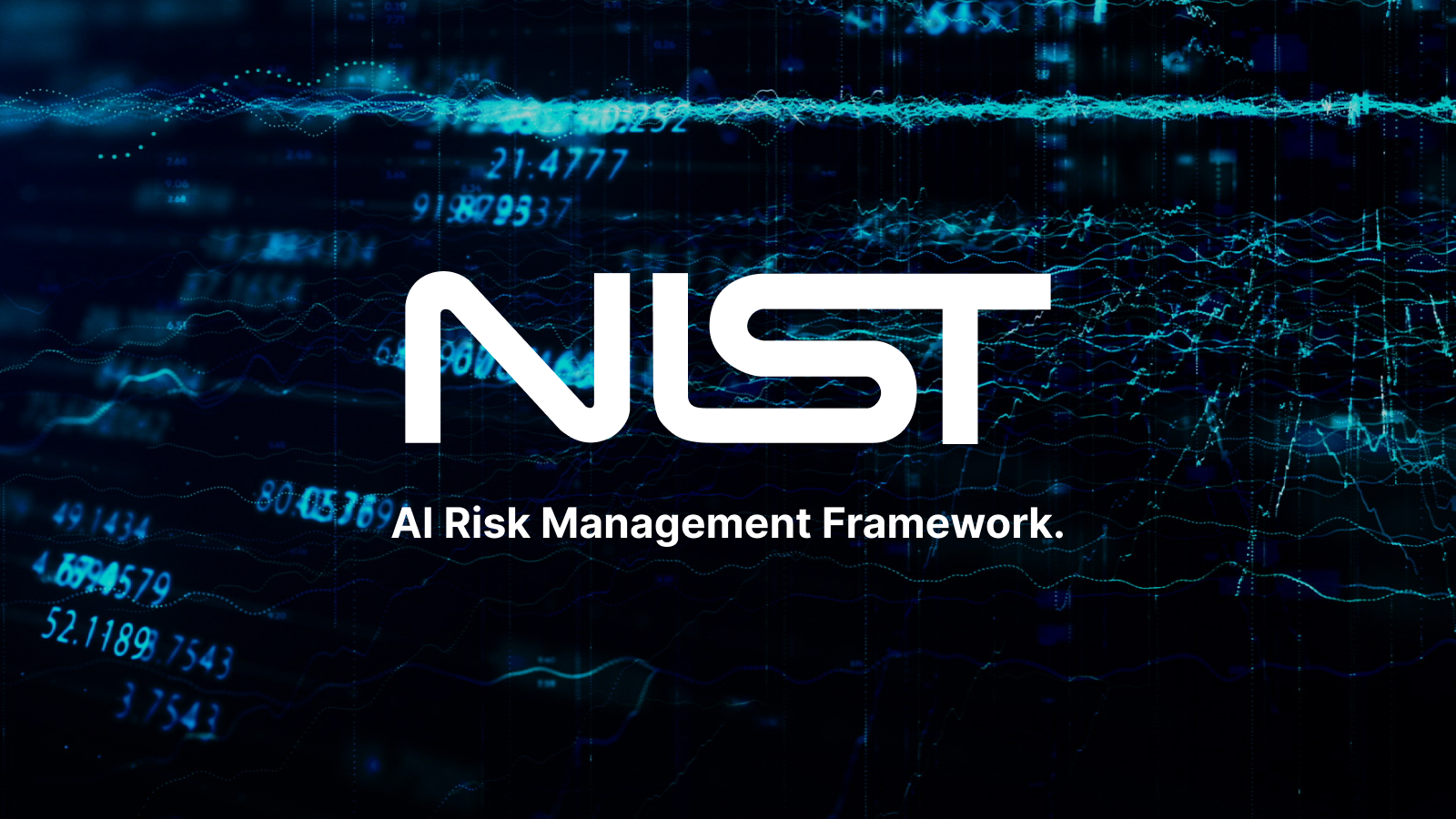For Chief Information Officers and Chief Technology Officers in the fintech and financial services industry, 2024 presents a unique set of challenges and opportunities.
Here’s a summary of some of the key trends that we see reshaping our industry.
- More mature collaborative models between banks and fintechs, particularly with architectural strategies.
The evolving relationship between banks and fintechs calls for a reevaluation of our technological frameworks. This includes adopting a microservices architecture to facilitate better integration with fintech platforms, enhancing API capabilities for smoother data exchange, and employing containerization for increased scalability and efficiency. We’re seeing how strategic partnerships are already focusing more on co-developing solutions that leverage the strengths of both traditional banks and fintech innovation. - A paradigm shift and acceleration towards Banking-as-a-Service (BaaS).
BaaS is transforming the financial industry by enabling non-banking entities to offer financial services. For CIOs and CTOs, this means investing in APIs that allow third parties to access banking functionalities, ensuring regulatory compliance, and fostering a seamless integration of banking services into diverse digital ecosystems. One of the biggest impacts of BaaS solutions is on the cost of customer acquisition – reducing the average cost for financial institutions from $100-$300, down to just $5-$35.Over the past few years we’ve seen the rapid maturation of BaaS value propositions – starting initially from quite basic white label credit cards and other products, to today, much more customized products to meet specific needs of specific target groups (such as point-of-sale loans at retailers). Importantly, this paradigm shift is not just about technological infrastructure but also about strategic partnerships and rethinking the role of traditional banks and financial services in the digital economy. - Ethical AI and sustainable financing.
As fintechs deploy AI and machine learning models in financial services, it’s necessary for both technical and business leadership to evaluate ethical considerations and bias mitigation. Developing transparent and explainable AI systems will become ever more key to maintaining trust – avoiding both so-called “black box” problems as well as hallucinations associated with Generative AI. Meanwhile, leveraging big data analytics for sustainable financing can help in identifying and investing in environmentally friendly initiatives, enabling financial services organizations to align with global ESG (environmental, social, and governance) standards. - Modern data analytics and predictive modeling approaches.
As financial institutions gather more data than ever, we’re seeing how industry leaders are applying advanced analytics and predictive modeling in more innovative ways. This involves leveraging machine learning and AI to analyze customer behavior, predict trends, and personalize services. For technology leaders, the challenge lies in developing robust data pipelines, ensuring data privacy and security, and utilizing cloud-based analytics platforms for scalable and efficient data processing. - Enhanced cybersecurity measures in the face of rising threats.
The focus here is on advanced threat detection systems, employing AI and machine learning for real-time threat analysis, and building resilient cybersecurity architectures. According to research by the Ponemon Institute, the global average cost of a data breach in 2023 was $4.45 million, a 15% increase over 3 years. CIOs and CTOs are already realizing that they need to foster a culture of cybersecurity awareness throughout the organization and ensure compliance with evolving global data protection regulations.
Summary
As we navigate through 2024, these trends underscore the need for strategic foresight and technological agility. The role of CIOs and CTOs will be pivotal in steering fintech and financial services organizations through these evolving dynamics, ensuring that technological advancements align with business goals and industry standards.
To learn more about Qubika’s Finance Studio and our dedicated services for fintechs and financial services organizations, click here.
























